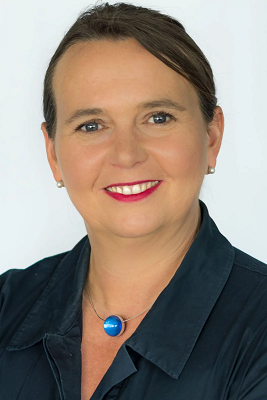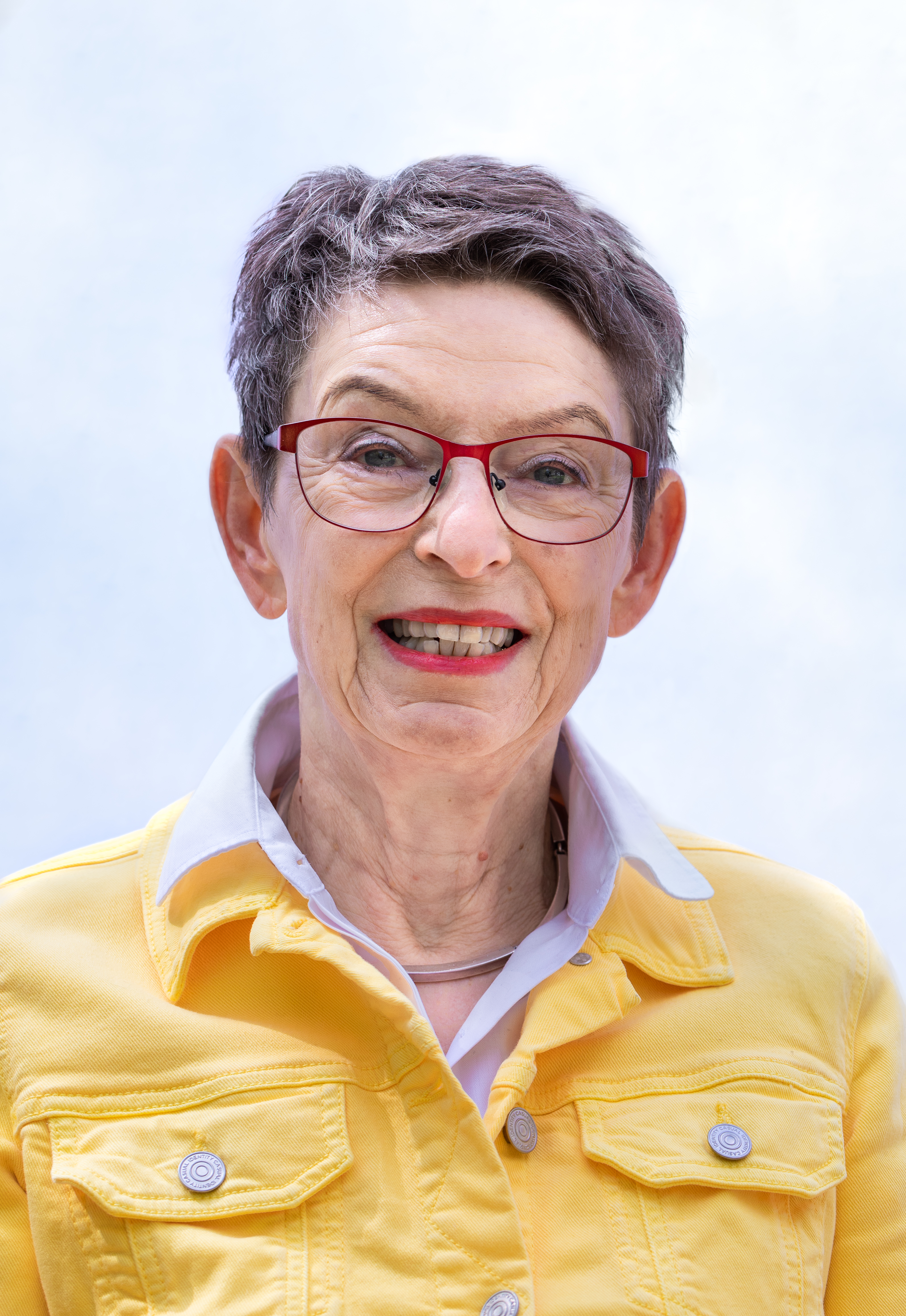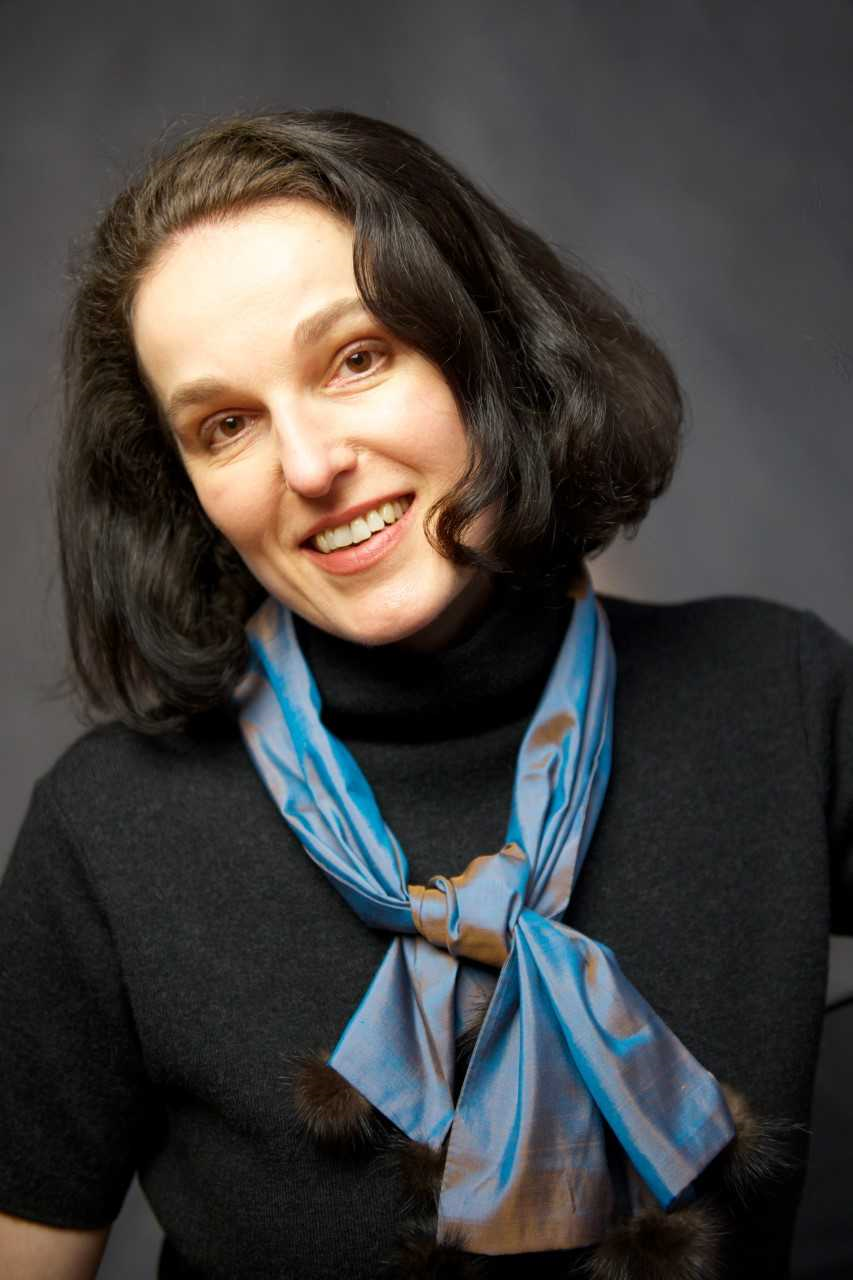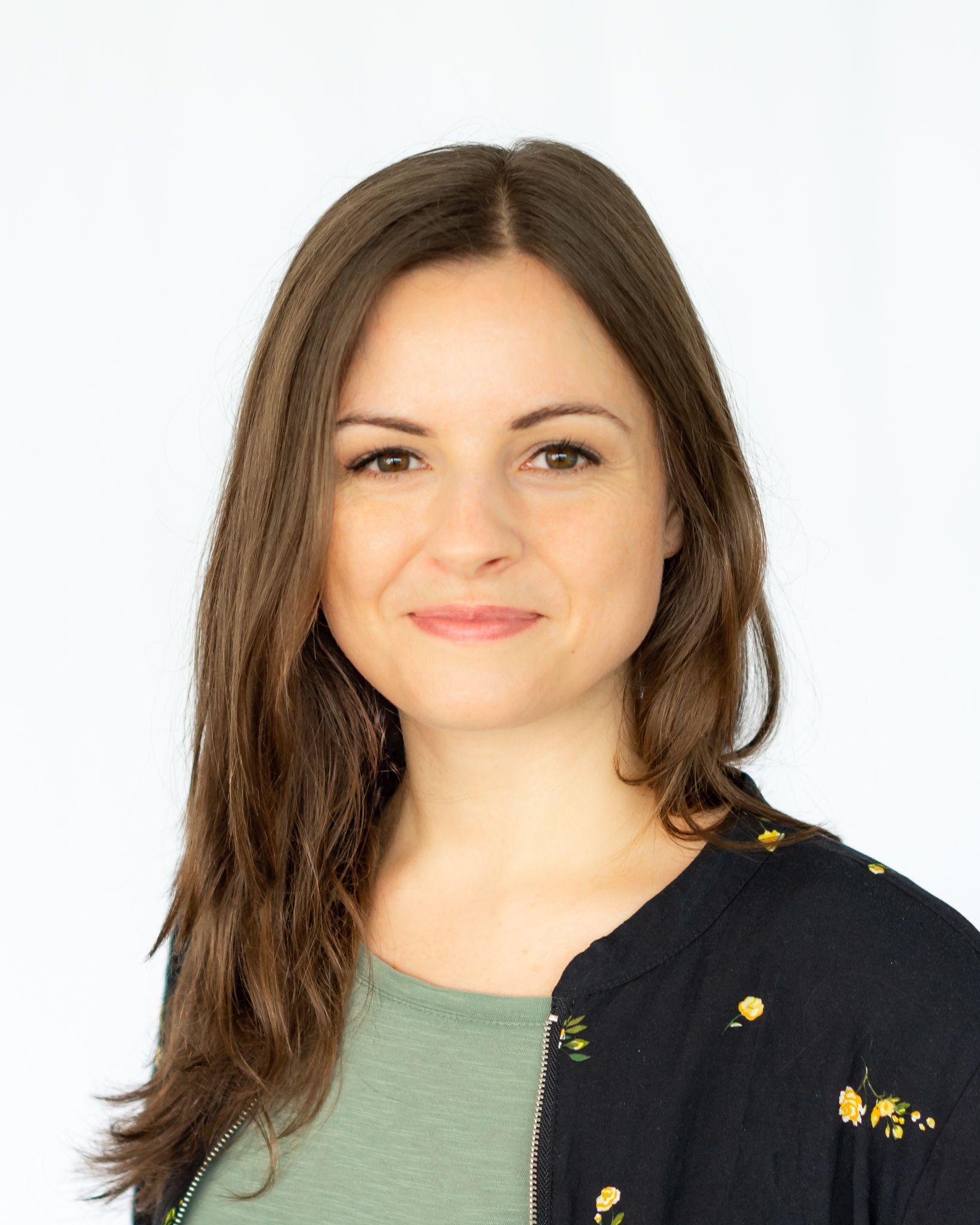The team behind MACHT SINN!
Coordination
Dr. Christina Jung, Stiftung der Universität Bremen
Dr. Rita Kellner-Stoll, KELLNER & STOLL – STIFTUNG FÜR KLIMA UND UMWELT
Oliver Behnecke, Projektleitung »50 Jahre Uni Bremen«
Jens Schulz, ZWO.ACHT: Integrative Gestaltung
Laura Körle, Studentische Vertretung / Stiftung der Universität Bremen
Insights into the team
To what extent were you supported yourself?
While I was doing my doctorate, I was a scholarship holder of the state of Hesse. Apart from the money, the best thing was the meetings with the other scholarship holders.
In addition, my teachers at school or at university also supported me time and again, i.e. above all motivated and inspired me. For example, as a student, I was once invited to give a literary lecture at the Burghölzli psychiatric hospital in Zurich.
If you suddenly had money to spare, who or what would you support with it?
Ui - I do help a lot of people to find out what they would like to support. But I haven't thought about it for myself yet. I would prefer to take a very pragmatic approach and turn the Galeria building in the city centre into a proper social department stores'. So many great things are thrown away that someone else could use.
What is your favourite place at the university?
I like the red sofas in the GW2 cafeteria. If I need to see something other than my office, I come here - for a coffee, to meet people or to work.
To what extent were you supported yourself?
I was a scholarship holder, but only with a small grant for books per semester. However, support should not only be understood in financial terms. Later in my career, I benefited greatly from the fact that people had confidence in me and I was given tasks that I might not have been given on my own. Appreciation can also sometimes achieve much more than a monthly sum of money.
If you suddenly had money to spare, who or what would you support with it?
I would put the money into the KELLNER & STOLL FOUNDATION FOR CLIMATE AND ENVIRONMENT, which my husband and I founded, and - depending on the amount of money - possibly start a larger climate protection project.
What is your favourite place at the university?
The place itself is not particularly inviting, but it is still very important to me: it is the apple tree avenue parallel to the university administration building. There is also a Jakob Lebel - an old apple variety that was also in my grandmother's garden - that we gave to the university and the people on campus on the occasion of the award of the >CAMPUS PRIZE: Research for Sustainable Development<. It symbolises a lot for me: food produced close to nature, healthy fruit from old, resilient varieties, biodiversity and much more. It is the apple tree that you should have planted in your life. There is another one, by the way, near the sports tower.
To what extent were you supported yourself?
I started my studies in Göttingen and continued them in the USA. After I had exhausted my BAföG abroad, I received a scholarship from the US university. Without this, I would not have been able to complete my studies there due to the high tuition fees. And I learnt an important lesson: coming from "rich" Germany, I didn't think I had a chance and only applied at the very last minute on the advice of a professor. In other words, "you have nothing to lose, but a lot to gain".
And again and again immaterially through people - both privately and professionally - who believed in me, i.e. mentors. Nothing motivates more than confidence in your own (potential) abilities. Also good against self-doubt :).
If you suddenly had money to spare, who or what would you use it to support?
The development of concepts for how we can live in the city and actively participate in life in old age. To do this, we need radically different architecture, services and neighbourhood development than we have today. From multi-generational houses to shared flats for the elderly, with various services beyond medicine and care: growing old in a self-determined way "in the centre" instead of being parked in a retirement home - an issue that will affect us all at some point.
What is your favourite place at the university?
The bright red Dickinson chairs on campus. They simply put you in a good mood and are perfect for a short break in good weather - ice cream optional. They also symbolise the international scientific exchange between Bremen and the USA. A beautiful symbol and much more practical than any monument!
To what extent were you supported yourself?
"I couldn't study without the support of my family, the small amount of BAföG wasn't the deciding factor. Fortunately, my stay in France was supported by the Erasmus programme. I was therefore able to do a full-time internship there without having to work on the side."
If you suddenly had money left over, who or what would you support with it?
"It is very important to me to limit the consequences of the climate crisis through my everyday actions. I would support anything that helps with this. As a society, we also constantly have to resolve a wide variety of conflicts. In order to make progress together on issues relating to social justice, equality and anti-racism (to name just a few), we need good communication on an equal footing. That's why I would also promote educational projects centred around conflict competence and mediation, for example by teaching pupils non-violent communication."
What is your favourite place at the university?
"Despite its uninviting appearance, I like being in the sports tower. I have attended many university sports courses there. Aerobics, dancing, swimming - always a good balance to university and work. I also commuted to Bremen at the beginning of my degree and was only at university three days a week so that I could work on the other days. The university days were correspondingly long - it's always warm and quiet enough in the sports tower to take a short break
men."
Interviews & homepage articles
Bettina Duske, bd communications
Concept & Design
JeTI — Conception, communication and realisation, free association of: ZWO.ACHT: Integrative Gestaltung und EMTI, Tini Emde
Fotos
Matej Meza, Matej Meza Fotografie

![[Translate to English:] Eine farbenfrohe Fläche mit der Beschriftung "Macht Sinn. Stiften gehen, Wissen schaffen." und dem Logo der Uni-Stiftung](/fileadmin/_processed_/d/0/csm_01_Startseite_Header_1680x600_1de10d4d0b.jpg)




